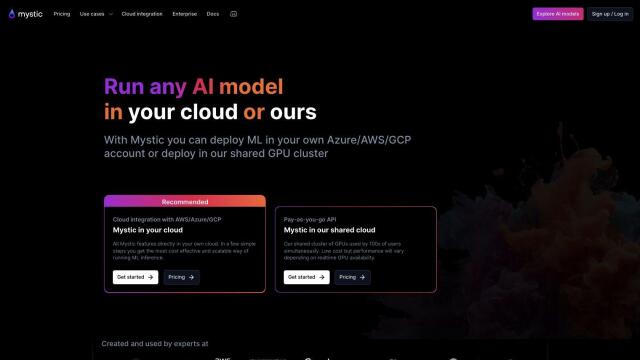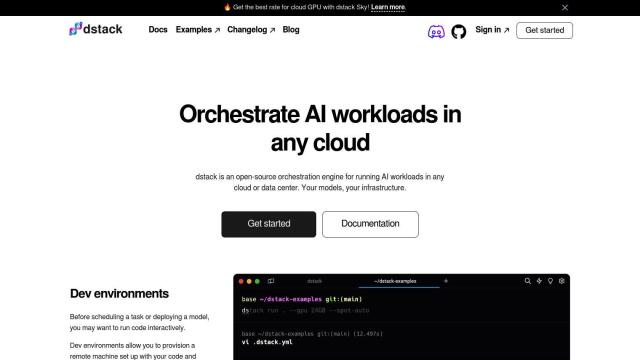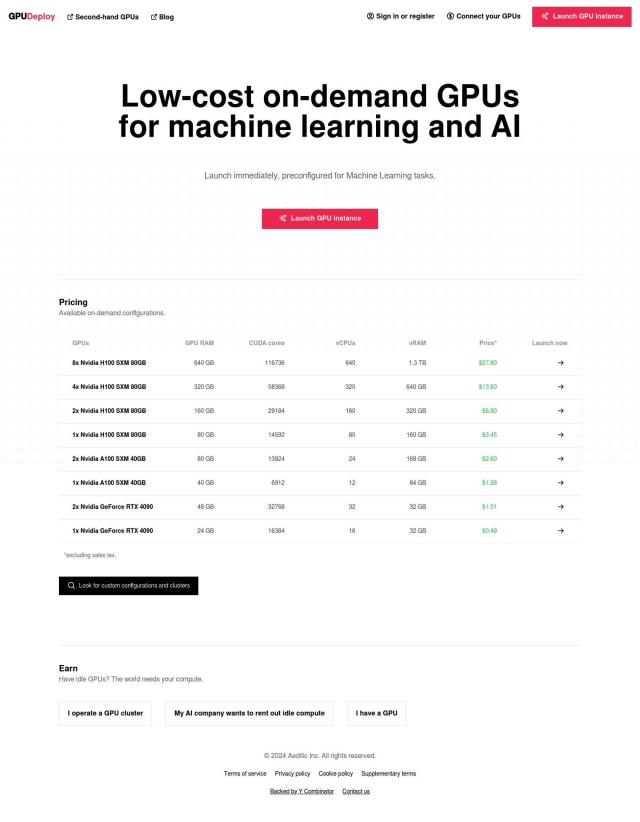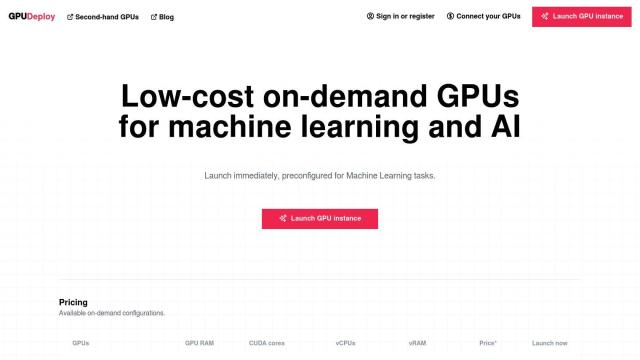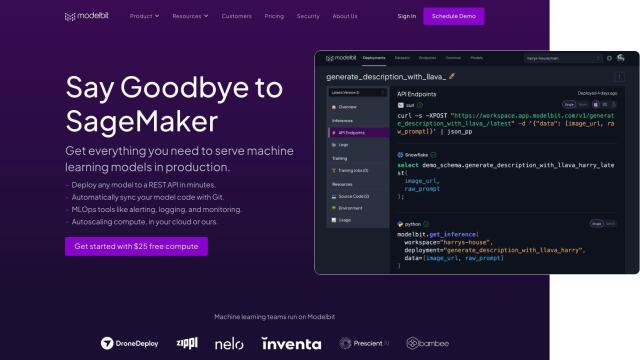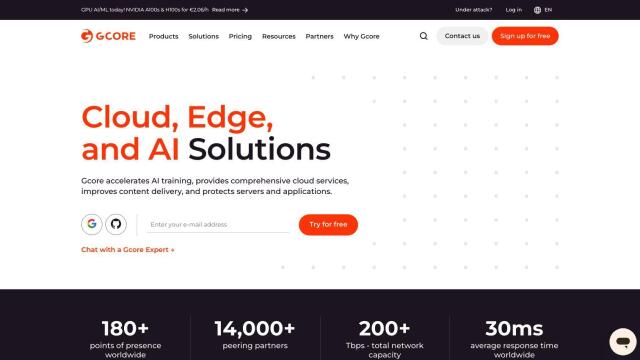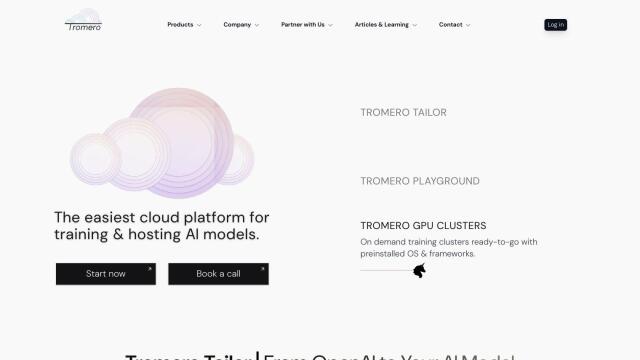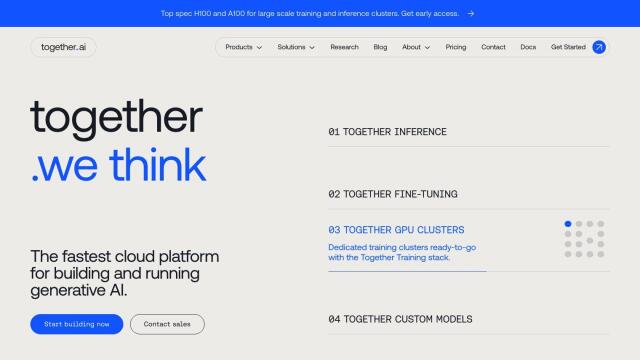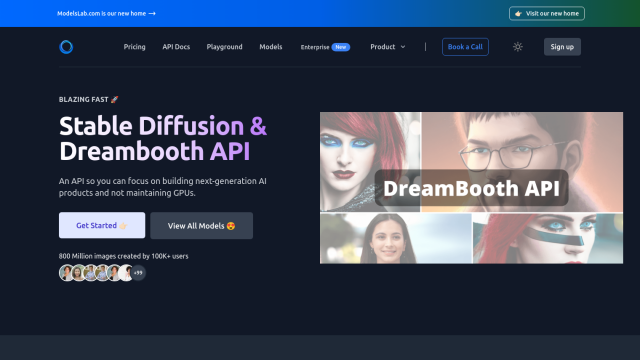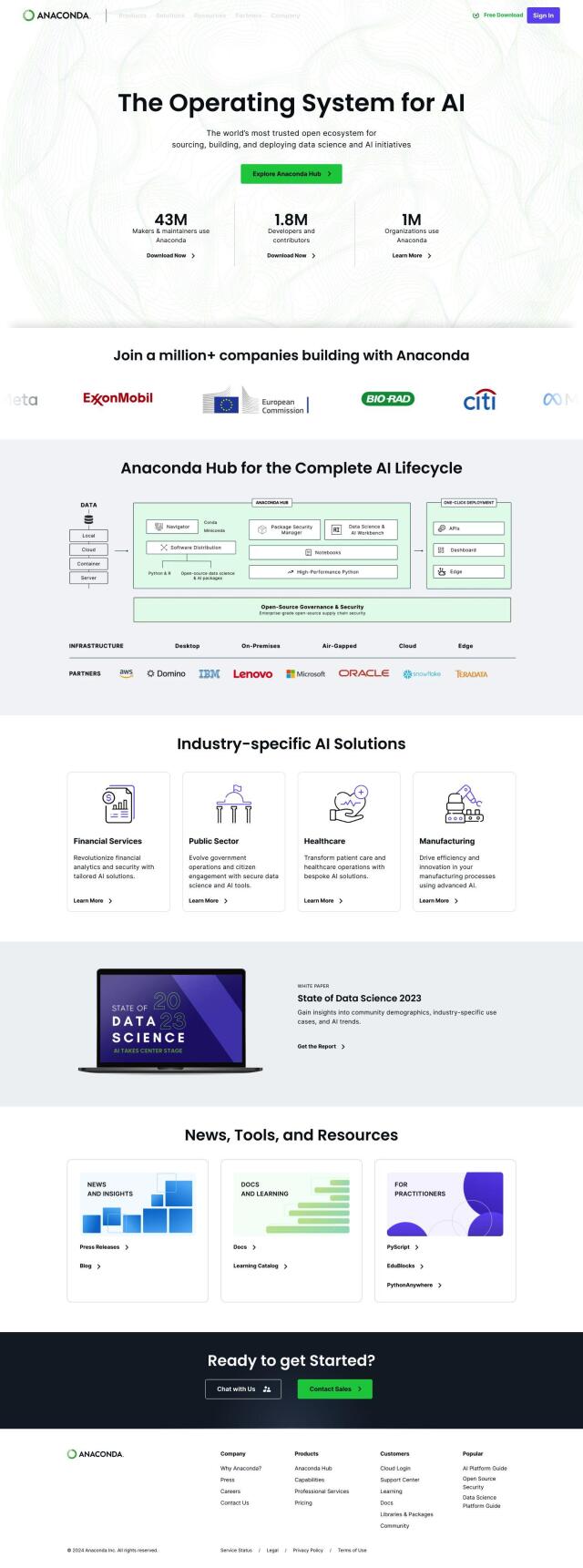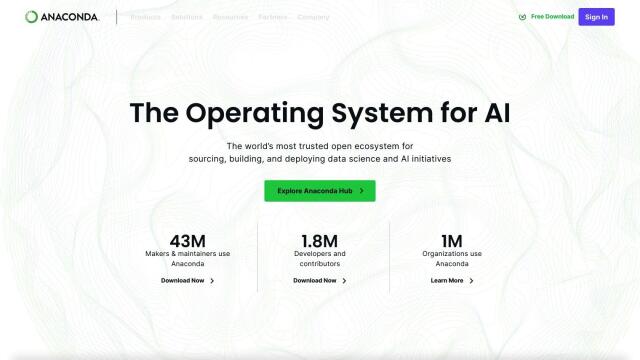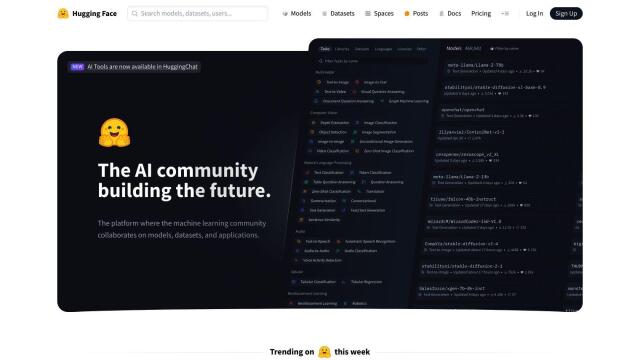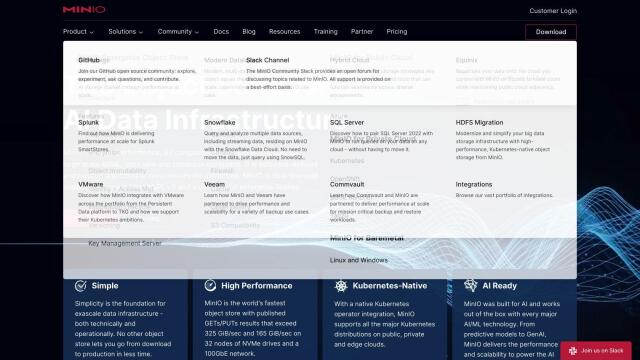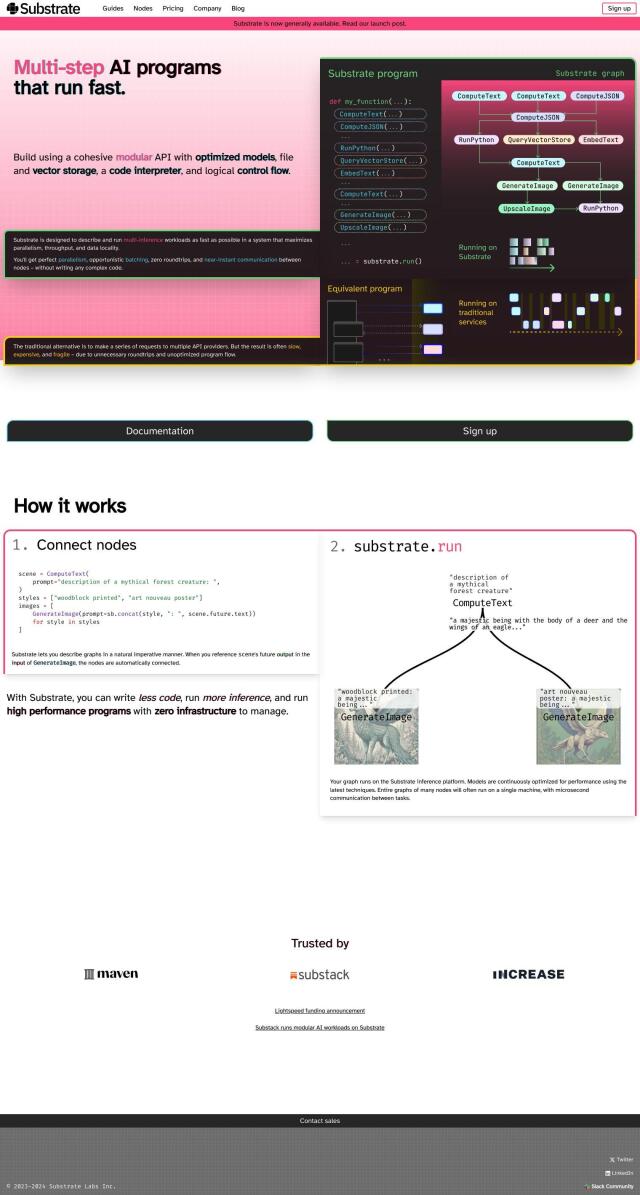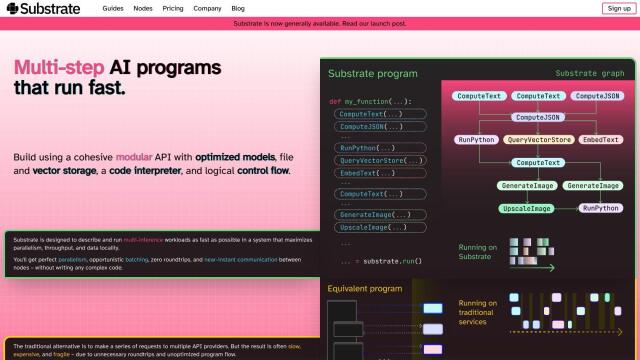Question: Is there a cloud-based service that offers a wide range of GPU options and scalable storage for demanding AI/ML workloads?

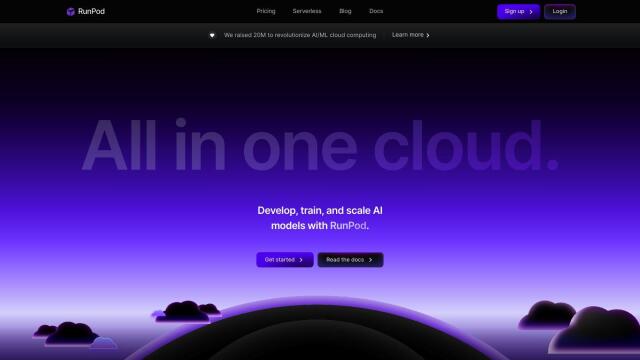
RunPod
For heavy AI/ML workloads, RunPod is a full-featured cloud platform with a geographically distributed GPU cloud. It offers a range of GPUs, including MI300X, H100 PCIe and A100 PCIe, and lets you spin up GPU pods instantly. The service also offers serverless ML inference, autoscaling and more than 50 preconfigured templates for frameworks like PyTorch and TensorFlow. With a CLI tool for easy provisioning and deployment, 99.99% uptime and a pricing model that starts at $0.39 per hour and goes up to $4.89 per hour, RunPod is good for small and large projects.

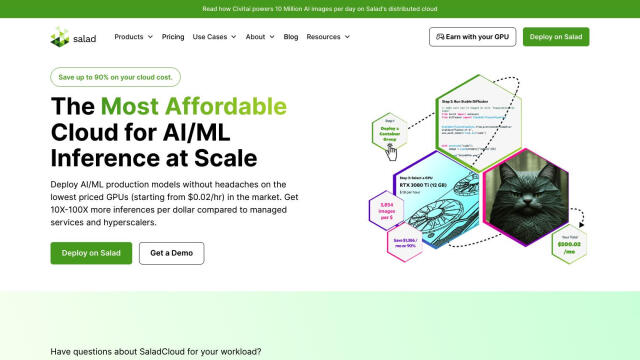
Salad
Another option is Salad, a cloud-based service for deploying and managing AI/ML production models at scale. It gives you access to thousands of consumer GPUs around the world and offers on-demand elasticity and multi-cloud support. Salad offers a fully managed container service, a global edge network and support for a range of GPU-hungry workloads like text-to-image and computer vision. Pricing starts at $0.02/hour for GTX 1650 GPUs, with discounts for large-scale usage, so it's a good option for big projects.


Anyscale
Anyscale is another powerful option for building, deploying and scaling AI applications. It offers workload scheduling, cloud flexibility across multiple clouds and on-premise, and heterogeneous node control. Built on the open-source Ray framework, Anyscale optimizes resource utilization with GPU and CPU fractioning and offers native integrations with popular IDEs. With reported cost savings of up to 50% on spot instances and a free tier, Anyscale is a good option for small and large projects.

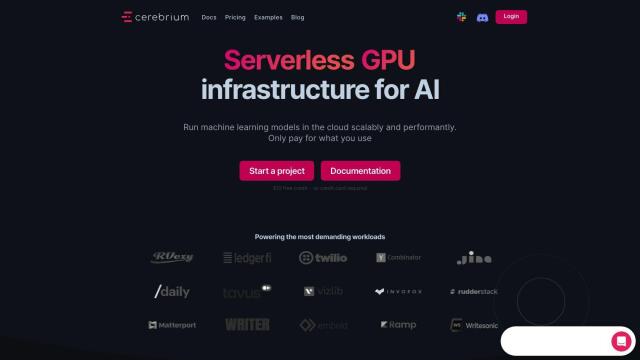
Cerebrium
For a serverless approach, Cerebrium offers a pay-per-use-priced GPU infrastructure for training and deploying machine learning models. It offers low latency and high scalability with 5000 requests per second and 99.99% uptime. Cerebrium offers real-time logging and monitoring, which helps with debugging and performance monitoring. With tiered plans, it offers flexible usage and cost optimization, making it a good option for both hobbyist and enterprise users.

